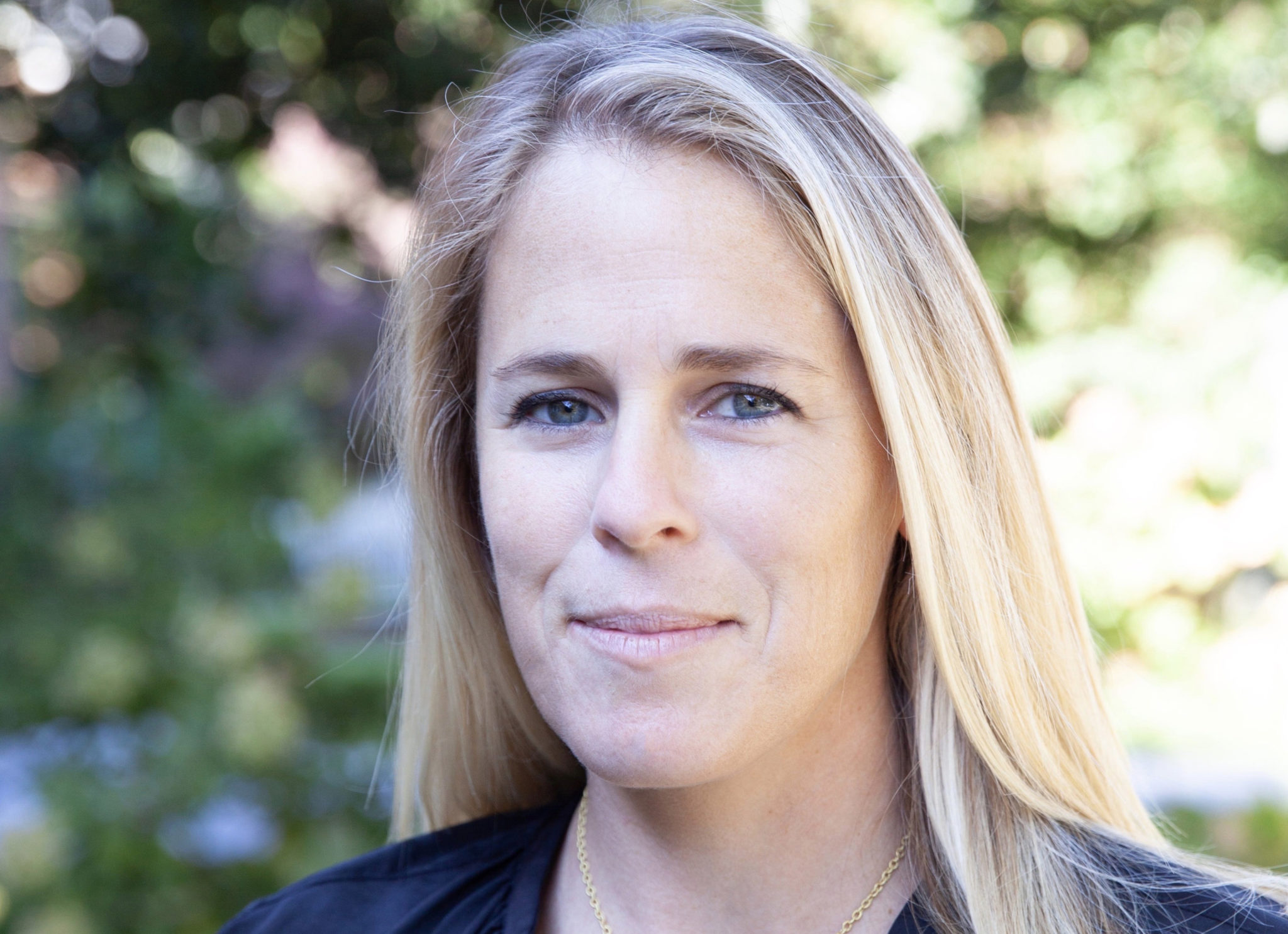Lisa Maddox was working as a CIA analyst when she decided to tackle an international mystery that had gone unsolved for more than 100 years. But this wasn’t some dark, unfinished government business. It was the story of her own family.
Maddox had always been told that her great-grandfather fled Russia under the threat of death, but she didn’t know why. So she started digging, using her CIA skills to hunt down the full story. Finally, she learned that he was among hundreds of young men who left following a failed anti-czarist uprising.
After she shared those findings with her family, Maddox—who lives in Alexandria—began to wonder if other people might benefit from similar investigations of their histories. So once she left the CIA in 2018, she decided to start Family History Intelligence, a genealogy detective service that doesn’t “just leave you with a bunch of names and dates,” Maddox says. “I pull together all the data, like a good CIA analyst would, into a narrative.”
Raised in Wisconsin, Maddox had come to Washington in 2001 to get a master’s in national security at Georgetown. The 9/11 attacks happened a few weeks into her classes, and afterward, she says, “I wanted to be a part of hunting these guys down.” She worked for the Naval Criminal Investigative Service as a counterterrorism analyst, then got a job in the CIA’s Directorate of Analysis. But 17 years later, after her mother was diagnosed with Alzheimer’s, she was ready to try something new.
Now, as a genealogy sleuth, Maddox tracks her subjects’ associations—“like you would a terrorist network”—and presents families with a personalized website containing her findings, along with maps and links to historical context. Maddox fleshed out one local military family’s connection to Commodore Matthew Perry, for instance, and scoured the National Archives to recover the story of a man who emigrated from Okinawa and whose immigration records were burned once he was interred by the US during World War II.
Maddox’s services typically cost $2,500 to $3,000 and take two to three weeks. Working for herself is a lot simpler than her previous job, she says, with the seven or eight levels of editing that go into a Presidential Daily Briefing. And the Washington area offers phenomenal genealogical resources, from the Library of Congress to Alexandria’s local-history room. But unlike the CIA, clients aren’t always looking for unvarnished reporting: “I’ll say, ‘Hey, I found, you know, a family that has murderers.’ Most times, families are like, ‘We know about that. Leave that out.’ ”
















